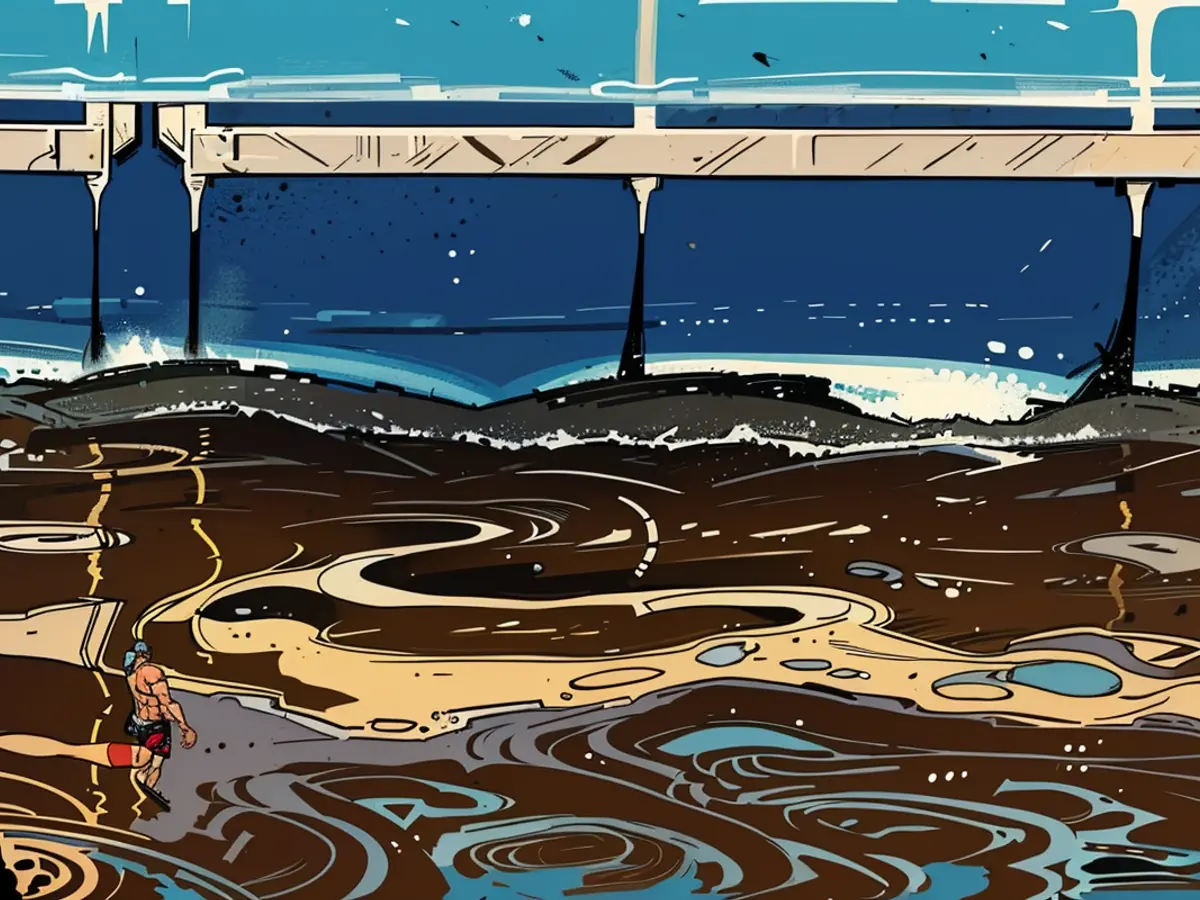- Deep-sea mining a major issue at the Seabed Authority
Driven by the prospect of a first deep-sea mining application, an Assembly of the International Seabed Authority (ISA) has begun. The five-day meeting at the ISA's Kingston, Jamaica headquarters opened on Monday with Malta becoming the 28th country to call for a moratorium, a precautionary pause, or a ban on deep-sea mining. This group, which includes Germany, aims to bring a fundamental resolution for the protection of the marine environment to the Assembly. By the end of the week, the ISA's Secretary-General will be elected.
The fundamental resolution aims to establish that the ISA will not grant any deep-sea mining licenses until the environmental impacts are better understood. At last year's Assembly, China and other member states that support deep-sea mining blocked this agenda item, delaying the adoption of the agenda until the last moment.
Company rushes ahead with deep-sea mining plans
Despite the concerns of numerous experts, the Canadian company The Metals Company announced that it will submit an application for a deep-sea mining project later this year. Next year, it plans to begin commercial extraction of resources from the seabed in the Pacific.
Deep-sea mining primarily involves the extraction of polymetallic nodules from the seabed in the high seas. These nodules, which take millions of years to form, contain resources such as manganese, cobalt, copper, and nickel, which could be used in the production of batteries for electric vehicles, among other things. Studies show potential dangers to the little-explored ecosystems of the deep sea, and some experts question the necessity of deep-sea mining for the energy transition.
In the past two weeks, the 36 member states of the ISA Council met in Kingston. For the umpteenth time, they failed to agree on a regulatory framework for deep-sea mining, leaving it unclear how an application from The Metals Company would be handled. The Secretary-General could play a crucial role in this.
Controversial ISA chief seeks re-election
The incumbent, Michael Lodge, who is seeking a third term, is running against Brazilian oceanographer Leticia Carvalho. Environmental activists and some member states accuse the British national of being too close to industry and promoting deep-sea mining in violation of his duty of neutrality.
All ISA members participate in the Assembly: the 168 contracting parties to the UN Convention on the Law of the Sea (UNCLOS) and the European Union. Established in 1994, UNCLOS created the ISA to manage the seabed of the high seas - a common heritage of mankind.
The call for a moratorium on deep-sea mining, led by Malta, has gained support from countries advocating for environmental protection. This could potentially hinder The Metals Company's plans to initiate a deep-sea mining project, given the regulatory uncertainties surrounding the activity.
Despite the ongoing debates and concerns about the environmental impacts of deep-sea mining, prospectors like The Metals Company continue to explore potential resources in the deep sea, such as polymetallic nodules.








